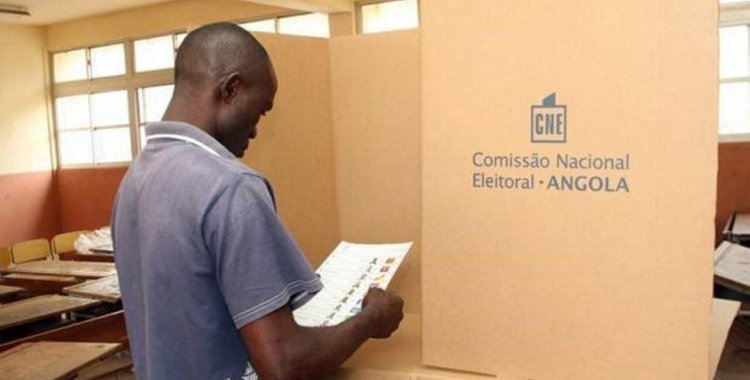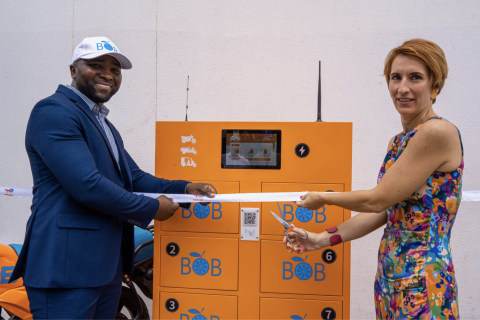The legal instrument, published in Diário da República on Tuesday and to which Lusa had access this Wednesday, states that communication systems must also prevent unauthorized access and guarantee the security of applications, equipment, facilities and the people involved in the calculation of electoral results.
The National Electoral Commission (CNE) is the entity that oversees the national scrutiny center, a national-level structure where all the summary minutes, other documents and information for the purposes of national tabulation converge.
For the purposes of calculating the results at the polling station, the regulation states, "the polling station is the center of basic scrutiny".
The president of the CNE, Manuel Pereira da Silva, is the general coordinator of the national scrutiny centre, whose structure also includes a technical coordination and a technical group.
Principles of legality, security, confidentiality, compliance with deadlines, non-interference, proportionality, effectiveness and efficiency, celerity, preliminary and definitive disclosure of results guide the functioning of this body.
Angola will hold the fifth general election in the country's political history next Wednesday, August 24, in which eight political forces compete and 14 million voters are registered, from Angola and abroad.
For the first time, the suffrage will have its own scrutiny centre, installed in the new CNE headquarters, inaugurated on 26 May 2022 by the President, João Lourenço.
According to the statute, the technologies to be used in the tabulation activities "are confirmed and certified by an independent auditor".
The legal instrument also establishes security requirements for the entry, movement and permanence of people, including national commissioners, at the scrutiny centre, made only through access passes issued by the CNE.
Officials of political parties, observers and journalists, duly accredited, "may have access" to the center of national scrutiny.
The summary minutes of polling stations, reports from provincial electoral commissions on the re-examination and resolution of claimed ballots, claimed ballots that have not been resolved in the respective provincial electoral commissions and ballot papers considered void constitute elements of national tabulation.
Counselor judges of the Constitutional Court and members of the diplomatic corps accredited in Angola visited the National Scrutiny Center in Luanda this Wednesday.
CNE spokesman Lucas Quilundo considered that the visit "is another demonstration of the openness and transparency of the electoral process".
Recording, verification, incidents sections and a "call center" are also part of the structure of the National Scrutiny Centre.







